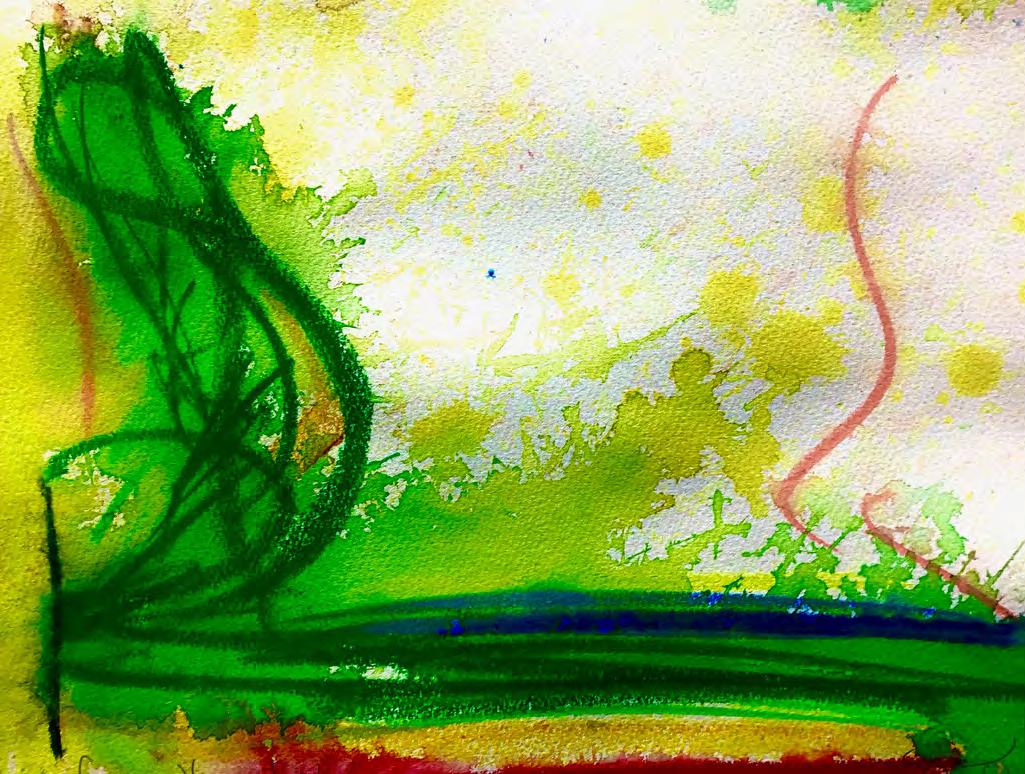How Has the Kim Dynasty Stayed in Power; and what will it take to topple it? Cecily Mills (EL Re) For three generations the Kim family have ruled North Korea with absolute authority, isolating it from the world as its people struggle through famine, poverty and repression. Nearly 72 years since his great-grandfather founded North Korea, Kim Jong-un remains in control - despite ruling from the age of only twenty-seven, and the country’s potential instability. This poses the question: how have the Kims managed to stay in power for so long and, more importantly, is the dynasty likely to fall any time soon? When it comes to staying in power Kim Jong-un – like most dictators – uses various strategies from the ‘authoritarian toolbox’. Most notorious is his use of violence and brute force to keep his people in line and to eliminate any threats. This might be by ordering ruthless assassinations of anyone he deems fit – including his half-brother Kim Jong-nam by a nerve agent in a Malaysian airport, and his uncle Jang Song Thaek, rumoured to have been fed to a cage of hungry dogs. Alternatively, anyone who dares speak out, or who poses a threat to his regime, he might ship off to his extensive and savage prison camps. As one North Korean defector, Thae Yongho, a former diplomat for the Kim regime, puts it: ‘everyone knows, if you said something against the system or leader you would disappear and be sent to one of the prison camps. From time to time one of your colleagues just disappeared without explanation.’. If the risk of executions or prison camps isn’t enough to stop dissent, there is also the ‘three generations of punishment rule’ for those who commit more serious political crimes. Not only will the offender be forced into one of these prison camps for the rest of their lives, but so will the entire family and the subsequent two generations. By contrast, perks and rewards are sprinkled on the loyal military and political elites. This ‘core’ class gets more and better food, bribes and the most desirable jobs working for the regime. It’s no surprise then that the devastation of the famine in the 1990s was shifted away from this class and concentrated on the people deemed least loyal. The dynasty also remained in power through its use of ideology along with the mythology and ‘Cult of Personality’ surrounding it, portraying the Kims to the nation as semi-divine beings - resembling godlike figures to be worshipped. At the heart of the ideology lies ‘The Ten Principles for The Establishment of a Monolithic Ideological System’, which must be memorised by every citizen and which are often compared to the Ten Commandments in the way they have a role in shaping people’s daily lives. Commonly known as the Hermit Kingdom, North Korea is one of the most isolated and cut-off countries in the world: Kim Jong-un’s grasp on power relies heavily on this. His entire regime rests on a stringent control of the flow of information. Borders are rigorously controlled, foreign phone calls and media forbidden, and the internet only available to a select few elites. For a long time, most North Koreans had little to no knowledge of the rest of the world. However, during the famines of the 1990s, the Kim dynasty’s control of the flow of information began to slip ever so slightly and the possibility for change arouse, leading on to the second question: is the dynasty likely to fall in the near future? The famine degraded the population’s trust and dependence on the state. As the government-run distribution system broke down, black markets began to spring up and the search for food caused many to cross the border to China, returning with not just food but goods for these black markets and stories of different systems of government and ways of living. In the almost 30 years since then, this network of black markets has grown and expanded, progressively shifting culture towards capitalism. Several movies, audio tapes, USBs and consumer products have been smuggled across borders, many by human rights organisations, enlightening youths to other ways of life and the prosperity of the land just across the demilitarised zone or DMZ. This knowledge of the outside world also helps to shatter the propaganda spread by the Kim dictatorship, portraying the leadership as infallible and superior to the rest of the world, along with myths of the Korean War and the brutality and violence of America. 43
In Time of Lockdown: Reflections on Locks, Lockdown, Isolation

Turn static files into dynamic content formats.
Create a flipbookArticles inside
Issuu converts static files into: digital portfolios, online yearbooks, online catalogs, digital photo albums and more. Sign up and create your flipbook.





































